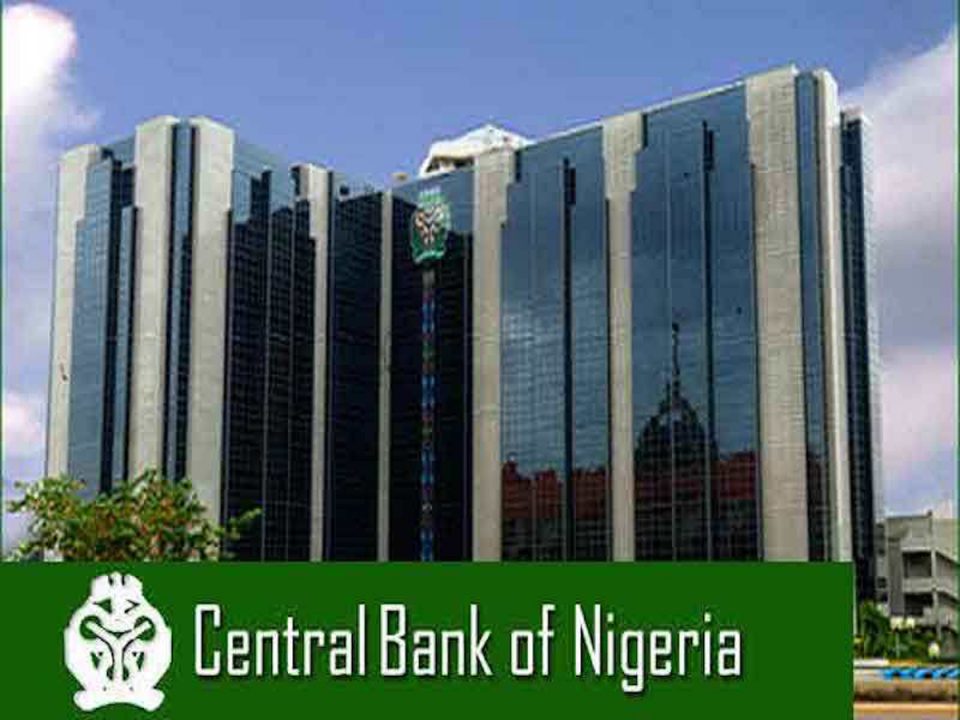The much-anticipated return of foreign portfolio investors into the Nigerian market to boost the economy may have been arrested, no thanks to the delay in external payment of proceeds of OMO Bills to foreign participants by the Central Bank of Nigeria (CBN).
The consequence of this is that these investors have dumped Nigeria for Egypt, who is dangling attractive rewards at them.
Investigation by Daily Independent revealed that foreign investors have been staying away from the central bank’s OMO auctions for some time due to issues related to pricing and payment settlement.
The CBN has over the last three years relied on selling OMO Bills to foreign and local portfolio investors at very high rates using it as a pseudo steriliser of the naira and attracting the much needed foreign currency from foreign portfolio investors. Since then OMO Bills have ballooned to an N18 trillion market until the CBN said it had had enough late 2019.
Data from the National Bureau of Statistics (NBS) also show inflow into money market instruments grew from $3.2 billion and $8.4 billion in 2017 and 2019 respectively to a whopping $13.4 billion in 2019.
The apex bank banned everyone except foreign investors and banks from accessing the OMO market all in a bid to push funds away from risk-free CBN securities to more risky assets that it believed had a more positive effect on the economy.
The move left asset managers with trillions of naira hanging in the dry, pushing them to the treasury bills market as they searched for alternative risk-free investments.
However, it appears the global market sell-offs have left foreign investors with no choice but to exit emerging markets, drying up any future security sale.
Nigeria’s Eurobond yields are now selling for as high as 13.4 percent for the bond maturing 2025 due to widespread drop in bond prices. Bond prices have an inverse relationship with yield. If bond prices go down, the yield goes up and vice versa.
Analysts are of the opinion that with the CBN recording a no-show, it is likely that it will further hurt its ability or option to rely on OMO sales to foreign investors to maintain a robust foreign exchange reserve.
In a note at the weekend, analysts at FBNQuest said that the approved 2021 budget provides for issuance totalling N4.68 trillion by the DMO, and that the domestic/external split is set at 50/50.
They stated: “When we recall that it raised N1.66 trillion (gross) last year from sales of FGN bonds, we can see that the reported domestic funding target for this year is highly challenging.
“The DMO collects smaller sums from the issuance of other debt instruments such as N163 billion from a sale of sukuk in H1 2020 but its attainment of its target hinges on the FGN bond auctions.
“These supply factors would normally suggest that the widening of yields has further to run. There are also indications that the CBN is increasing the size of its auctions of OMO bills.
“In the past, foreign portfolio investors would have taken up some of the slack but the pipeline of delayed external payments, not forgetting the more attractive rewards in Egypt and elsewhere, makes their return in numbers unlikely.
“Egypt has made itself a beacon for overseas investors, compelled by favourable incentives and a large and dynamic domestic market.
“Egypt has undertaken considerable efforts to turn itself into an investment hub, and with some success; the country is Africa’s largest recipient of foreign direct investment (FDI) flows, which in 2019 grew by 11 percent to $9 billion.”
Investors have been attracted to Egypt’s intoxicating mix of rapid GDP growth, a strategic geographical position, a skilled labour force and, crucially, a large domestic market.
The DMO held its latest monthly auction of FGN bonds on Wednesday. It offered N150 billion, raised N122 billion and attracted a total bid of N238 billion.
The marginal rates on the reopened 15 and 25- year benchmarks rose for the second month by 180 basis points and 195 basis points, respectively, (The DMO also reopened the ten-year benchmark, which it had not sold for over one year).
By accepting fewer bids, the DMO would have set lower marginal rates. However, the FGN has a large borrowing programme ahead of it this year, not least because of the additional hit to revenue collection as a result of the COVID-19 virus.
In the secondary market, FGN bond yields have been rising since the start of the year. This was the background to the first auction of 2021, along with the sense that the DMO would front-load its issuance.
In addition to sales on a non-competitive basis to public bodies, the DMO raised N170 billion from the auction this week.




